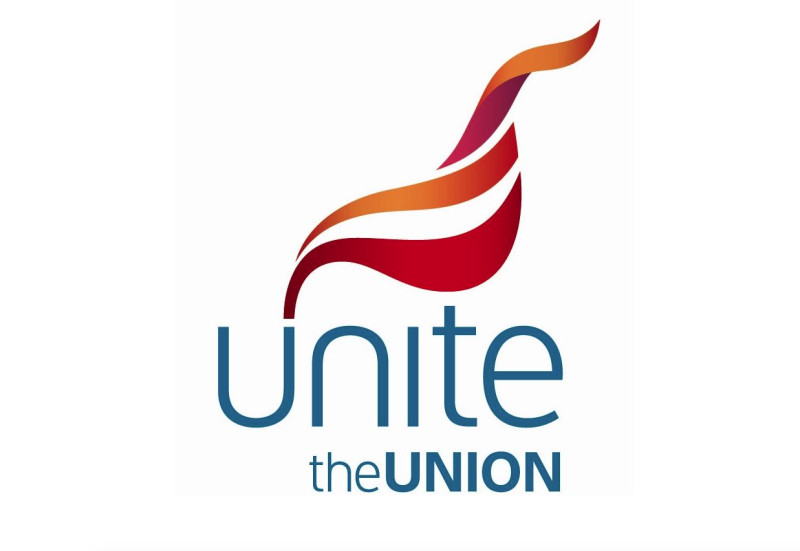A FIRM has once again been ordered to pay £420,000 in compensation to workers after it lost an appeal over an earlier ruling that it tried to unlawfully induce them into giving up their collective trade union rights.
Trade Union Unite was celebrating a ‘groundbreaking legal victory’ after the London employment appeal tribunal upheld the earlier ruling by the Sheffield employment tribunal that found in favour of 56 Unite members at Kostal, based at Goldthorpe Industrial Estate.
The claims arose after Kostal by-passed employees’ recognised union and put a pay offer directly to individuals which included changes to terms of employment.
The Unite members voted to reject the offer. The company wrote to employees in December 2015 directly urging them to accept the offer individually or risk losing a Christmas bonus of £270 each.
The offer was repeated to those that did not accept in January 2016, coupled with the threat of dismissal.
The Sheffield tribunal ruled that both offers amounted to unlawful inducements and awarded Unite members more than £420,000 in compensation. Now the employment appeal tribunal has upheld that decision.
Unite assistant general secretary for legal services Howard Beckett said: “This employment appeal tribunal ruling sends a strong message to bosses who attempt to bust unions and undermine collective bargaining for pay and terms and conditions.
“Not only is the case worth more than £420,000 to the Unite members involved, but it sets a binding legal precedent that employers cannot dip in and out of collective bargaining when it suits their purposes.”
A spokesman for Kostal said: “We are obviously very disappointed by the decision.
“Kostal continues to collectively bargain terms and conditions and there was never any intention to do otherwise. The case is important because it gives the first appellate level decision on the meaning of ‘the prohibited result’ for the purpose of section 145B of the Trade Union and Labour Relations (Consolidation) Act.
“The practical effect of the appeal tribunal’s interpretation is that union negotiators have a way to hold employers to ransom by refusing to agree that a round of collective bargaining is complete until their demands are met.
“The potential penalty for making direct offers present too high a risk for most business. Indeed, the consequences for Kostal in this case have been extreme and damaging.
“We are in the process of taking advice and considering our position in respect of further appeal.”




























